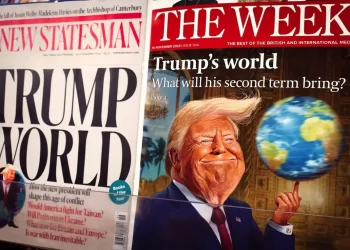Abstract:
In this paper, Dr. Ivo Ganchev builds on a lecture delivered in Mexico City to examine the strategic repositioning of U.S. foreign policy during the first 50 days of Donald Trump’s second term within the context of a shifting global order. While the U.S. remains the world’s most powerful actor, its role is evolving in response to China’s rise, the growing influence of middle powers, and structural changes in international politics. This paper explores how Trump’s approach prioritizes selective engagement, with a renewed focus on the Western hemisphere, alongside a relative shift away from Europe. It also contrasts U.S. and Chinese foreign policy strategies, highlighting China’s non-interventionist appeal to the Global South and its relatively predictable and stable foreign policy and international engagement strategy. The analysis considers whether Trump’s foreign policy represents a deliberate strategic shift or a reaction to global trends, ultimately arguing that the U.S. is adapting to multipolarity through a mix of economic, military, and diplomatic recalibrations.
Keywords:
U.S. foreign policy, strategic repositioning, Trump, China, Global South, multipolarity, economic realignment, security, diplomacy, international relations.










